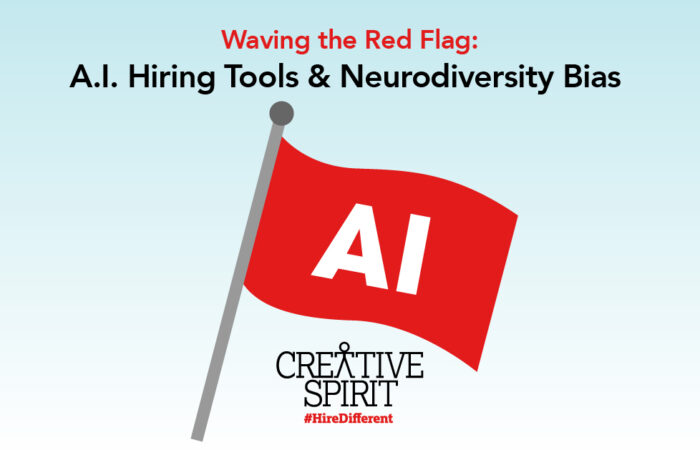
By Menachem Rephun, Communications Manager and Self Advocate
Artwork by Creative Spirit Alumni – Lauren Valinotti
Overview
Almost 32 years have passed since the Americans with Disabilities Act revolutionized inclusion and accessibility for people with disabilities. Since that time, there has been a conspicuous shortage of follow-up legislation building on the foundation laid by the ADA. To be sure, the past thirty years have seen robust, hard-fought disability advocacy, including the ongoing work and outreach of Creative Spirit to ensure fair-wage employment. Nevertheless, the fact remains that the needle has not been moved forward to the point of fully delivering on the promise of the ADA. This raises the obvious question: what can we do to achieve full equality and inclusion for the disability community?
The pace of progress can often seem painfully slow, with change feeling incremental. Thankfully, some groundbreaking legislative efforts to build on the ADA are now underway. One of the most recent, and most promising, is the Disability Integration Act (DIA). Introduced by then-Senate Minority Leader Chuck Schumer, Senator Cory Gardner (R-CO), and Representative Jim Sensenbrenner (R-Wisconsin) in January of 2019, the DIA is a bipartisan bill that would prohibit insurance providers and government entities from denying community-based services to people with disabilities who require long-term service and support. If enacted, the DIA would protect against discrimination by establishing a new, stronger definition of “community-based”; creating specific prohibitions to address forms of discrimination that include, but are not limited to, waiting lists, restrictive eligibility criteria, and service gaps; adding Managed Care Organizations as directly covered entities; and much more.
Current Legislation We’re Watching
Creative Spirit acknowledges legislation like the Disability Integration Act as being absolutely vital in fulfilling the ADA’s promise of inclusion for the disability community, providing a reliable and secure safeguard against discrimination, and helping people with disabilities lead full, independent lives. As the official website for the DIA explains, the legislation builds on a 25-year campaign by the disability advocacy organization American Disabled for Attendant Programs Today (ADAPT) to eliminate institutional bias and provide a viable alternative to unwanted institutionalization. On its own website, ADAPT outlines five of the most important reasons to support the DIA, including the fact that it covers people with disabilities who are not in Medicaid-funded institutions; addresses gaps in services needed to support community integration; and ensures protection for individuals requiring long term services and supports (LTSS) by providing an enforceable right to community integration. “[The] DIA helps establish the groundwork for the next level of LTSS advocacy,” ADAPT.org explains. “Passing DIA with bipartisan support in this Congress means that future Congresses won’t need to cover those costs as part of a health care plan, making it easier to move that forward.” Passing the DIA, which mandates that individuals in institutions or nursing facilities have the option to live independently in the community if they so choose, has taken on even greater urgency during the COVID-19 pandemic, when deaths associated with nursing facilities have exceeded 150,000, as of January 2021. In a press release, ADAPT activist Dawn Russell described the DIA as vital in protecting the lives and well-being of people with disabilities. “When we started this effort, we were fighting for our freedom, now we are fighting for our very lives as Disabled people die in droves across the country,” she said. “Now that society sees how deadly these facilities are, Congress should at least give us the right to say ‘no’ when a state or managed care company tries to force us into an institution.”
The DIA isn’t the only groundbreaking legislation expanding on the ADA. In April 2021, Rep. Bobby Scott (VA-03) and Rep. Cathy McMorris Rodgers (WA-05) introduced the Transformation to Competitive Integrated Employment Act (H.R. 2373), a bipartisan bill to ensure that individuals with disabilities are paid the full federal minimum wage for their work. The legislation is designed to eventually phase out 14c, a provision of the 1938 Fair Labor Standards Act (FLSA) of 1938, which allows employers to pay workers with disabilities subminimum wage through special “14c” certificates. Acknowledging concerns some employers might have about the viability of ending 14c, the Transformation to Competitive Integrated Employment Act would provide employers with grants to help them successfully transition to a business model where workers with disabilities can be paid at least minimum wage. Along with prohibiting the U.S. Secretary of Labor from issuing new 14c certificates, the TCIEA would create a technical assistance center to support employers as they transition to a competitive, integrated business model. The bill has already gained the support of a wide variety of organizations, including the American Association of People With Disabilities (AAPD), the Autistic Self-Advocacy Network (ASAN), the National Organization on Disability (NOD), and many more.
Conclusion
As with the Disability Integration Act, it’s hard to overstate just how urgently the Transformation to Competitive Integrated Employment Act is needed. According to a press release from Sen. Bob Casey (D-PA), a 2020 report by the U.S. Commission on Civil Rights found that between 2017 and 2018, the average wage of an employee with a disability was $3.34 an hour, as a direct result of 14c. This outdated, discriminatory policy is antithetical to an inclusive, ethical, and humane society. For this reason, it is imperative to pass both the Transformation to Competitive Employment Act and the Disability Integration Act to truly deliver on the promise of the ADA. Creative Spirit is utilizing our partnerships with Representatives McMorris Rodgers and Bobby Scott, as well as our ties with fellow organizations, to raise awareness about why ending 14c and enabling people with disabilities to live full, independent lives is so crucial. We’re using all of the tools and resources at our disposal to encourage legislators and elected officials to support these desperately-needed reforms, and to actively work towards implementing them. These bills are an encouraging step forward, but more than thirty years after the ADA, the time for waiting is over. When it comes to achieving a workforce where people with disabilities are fully included and given the same opportunities to succeed, the time for action is now.
Sign up for our holiday virtual wine and chocolate tasting: https://shop.oldyorkcellars.com/product/CreativeSpirit-Virtual-Wine-Tasting-Experience.






